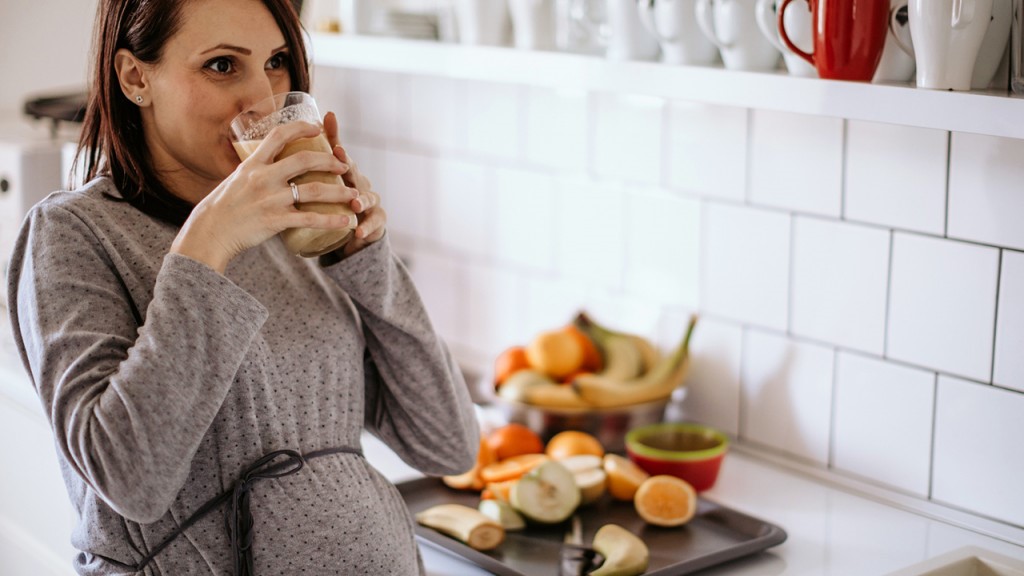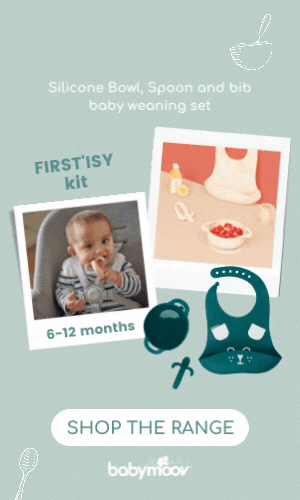10 tips for the diet of pregnant mums

Expectant mothers have greater needs during pregnancy than usual. Moreover, their health will be more fragile and small inconveniences such as nausea, cramps or constipation may occur. Here are 10 tips for a healthy diet for pregnant women.
For the future baby:
The baby’s nervous system develops thanks to vitamin B9, also called folate or folic acid. This must be eaten in large amounts, thanks to green vegetables like spinach, watercress, lamb’s lettuce or melon and red fruit or legumes such as lentils. Please note that brewer’s yeast flakes, which you can sprinkle on your food, are the food with the highest vitamin B9 content. Similarly, litchis are rich in fibre and especially vitamin B9 and will also allow for a good development of the foetus.
Omega 3 fatty acids, and especially a fatty acid called DHA, will be a valuable ally for the cognitive and physical development of the baby. Namely, DHA is found in fatty fish such as salmon, tuna, sardines or mackerel.
Against fatigue:
During the first months of pregnancy, it is common to be more tired than usual and also have significant cravings, which is why you should aim for slow sugars! Cereals, wholemeal bread and starchy food will help you resist for the first month while helping you stay fit!
Magnesium, a pregnant woman’s best friend, helps you fight against stress and fatigue. This is why you can eat green vegetables, pulses (such as lentils or peas) or chocolate, which is also good for your spirits and tension! Some kinds of water are also rich in magnesium.
Dried fruits such as apricots, figs or dates will also enable you to recharge your batteries long-term.
Also think about foods rich in vitamin C, which is found in fresh fruit, especially oranges, tangerines, lemons or kiwis, and green leafy vegetables such as cabbage (while paying attention to digestion issues) and leeks.
For strong bones:
As all your needs increase during pregnancy, you need to remain vigilant so as not to cause any deficiencies. So, don’t forget calcium, which is good for your bones and the body’s overall balance. Therefore, eat enough dairy products and avoid food with raw milk, which pose a high risk of listeriosis (see our special report on food not recommended during pregnancy).
If you have trouble digesting dairy products, you can opt for calcium-rich mineral waters. Take a look at the composition reported on the label.
Against nausea and vomiting:
More than 60% of pregnant women suffer from nausea during their first months of pregnancy. However, there are many tips to help reduce the discomfort.
To start with, take some small habits: multiply your meals by eating small amounts and have breakfast right after you get up: basically, you should never have an empty stomach, but it shouldn’t be too full either! This will also prevent you from gaining too much weight by avoiding snacking.
Avoid spicy dishes, sauces, food with vinegar or fermented food (like cabbage and beans) or food that is too fat and therefore heavy to digest. Instead prefer food that is rich in carbohydrates such as pasta, cereals or bananas.
Lemon juice in water, a tablespoon of honey or ginger or chamomile tea will also help reduce the risk of nausea.
Against cramps:
Many pregnant women regularly suffer from muscle cramps. To limit them, you can increase your intake of magnesium, especially thanks to whole grains and green vegetables such as beans or spinach. Bananas are also recommended against cramps.
Against constipation:
As a first step, it is recommended to drink a lot, either water, herbal teas or broth. Plus, you can increase your intake of fibres with pulses, green vegetables or wholemeal food.
For your spirits:
To avoid the famous baby blues or if you’re just feeling a little bit depressed, do not forget your Omega 3 fatty acids! As already recommended for the proper development of baby, you can eat fatty fish at least twice a week. Tip: it is also possible to avoid deficiencies by adding special margarine or rapeseed oil or walnut oil.
Finally, chocolate, especially dark chocolate, is renowned for being good for your spirits: a small square a day will keep you smiling without too much extra weight.
Booster foods:
Artichokes: they both reduce the risk of constipation and also promote urinary excretion, so they are good for your kidneys. They are rich in potassium, calcium, magnesium and iron: a good mix for pregnant mums.
Prunes: they are highly recommended because they contain a lot of iron, which is needed during pregnancy.
Healing plants:
The leaves of red raspberries are rich in iron and help reduce nausea and the risk of miscarriage. Small added benefit: this plant also helps relieve pain during childbirth.
Nettle is rich in calcium and iron, perfect to meet the needs of the expectant mum.
Red vine, whether it is its leaves, seeds and even the skin of the grains can relieve bloodstream issues and therefore heavy legs.
And dietary supplements?
As seen earlier, expectant mums have greater needs during the nine months of pregnancy. So some doctors may prescribe supplements to address some deficiencies in iron, magnesium, calcium and other vitamins. If you have a well-balanced diet, you should not need supplements.
However, particularly the need for vitamin B9 (the famous folic acid seen in the part « for the future baby ») may require you to take supplements, especially during the 4 weeks before pregnancy and the first two months.
Whatever your diet and your health, always seek the advice of your doctor or gynaecologist before taking any dietary supplements.


 EN
EN FR
FR NL
NL DE
DE ES
ES




